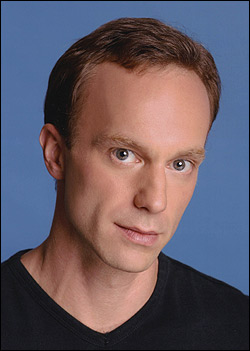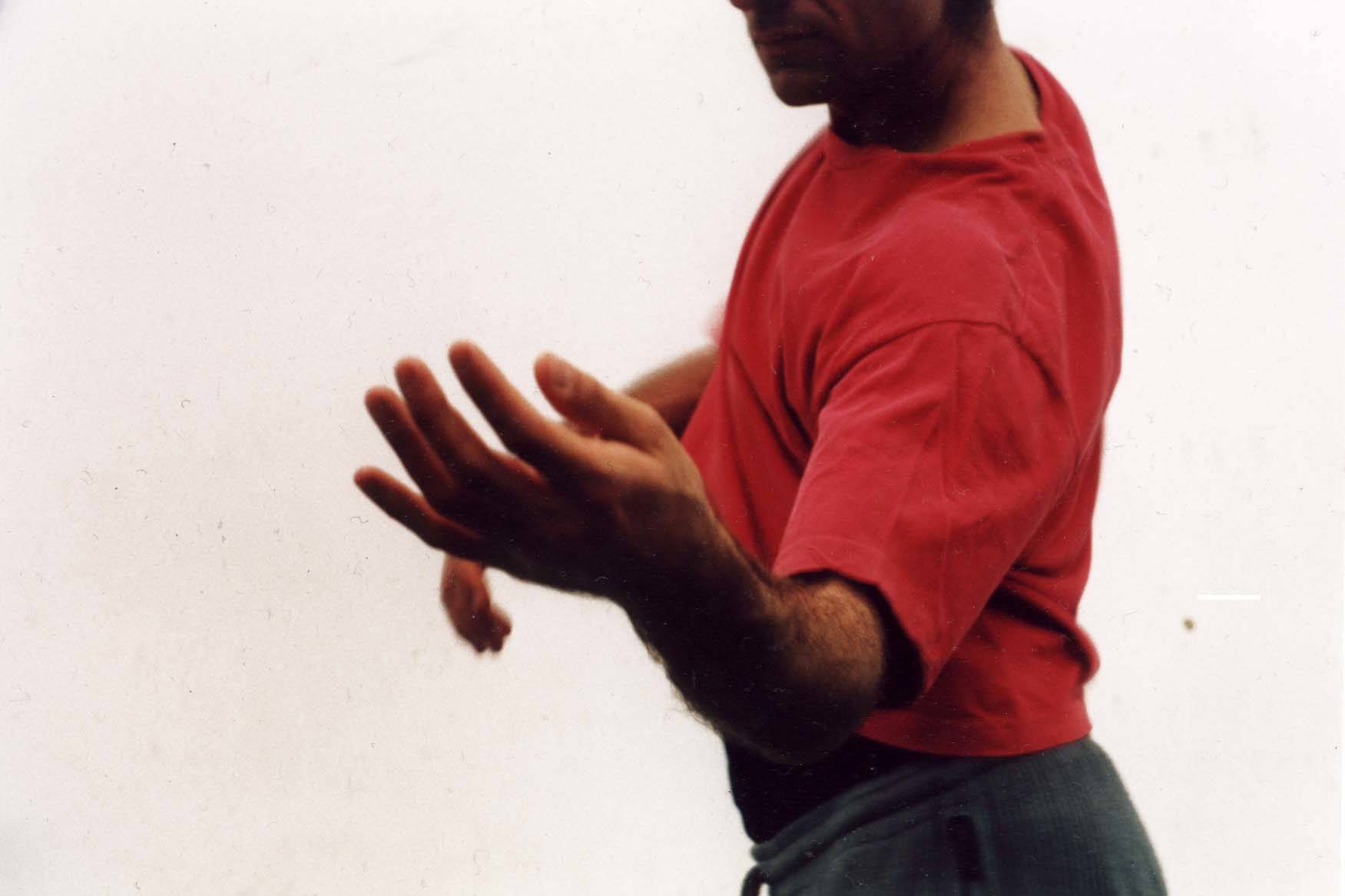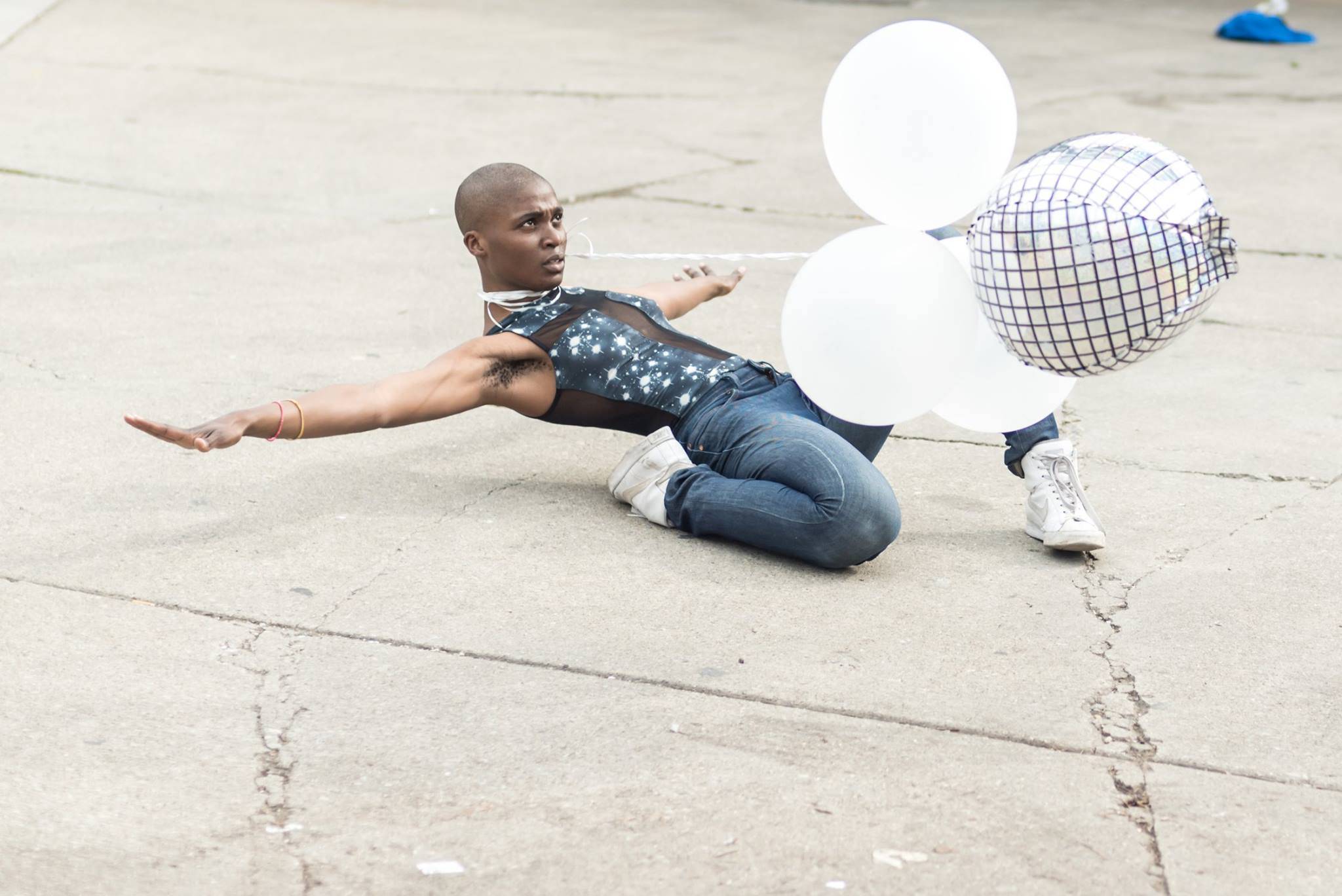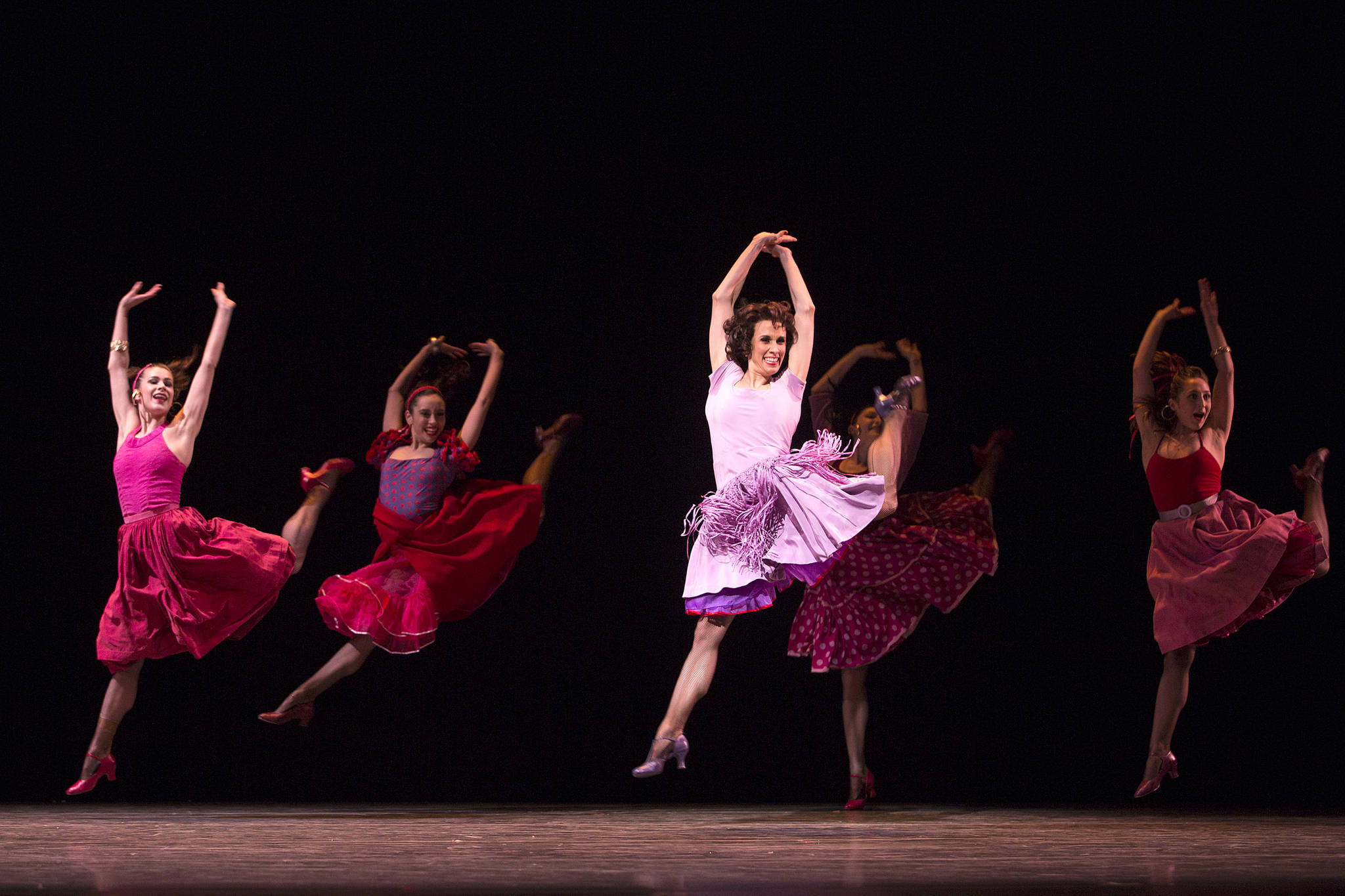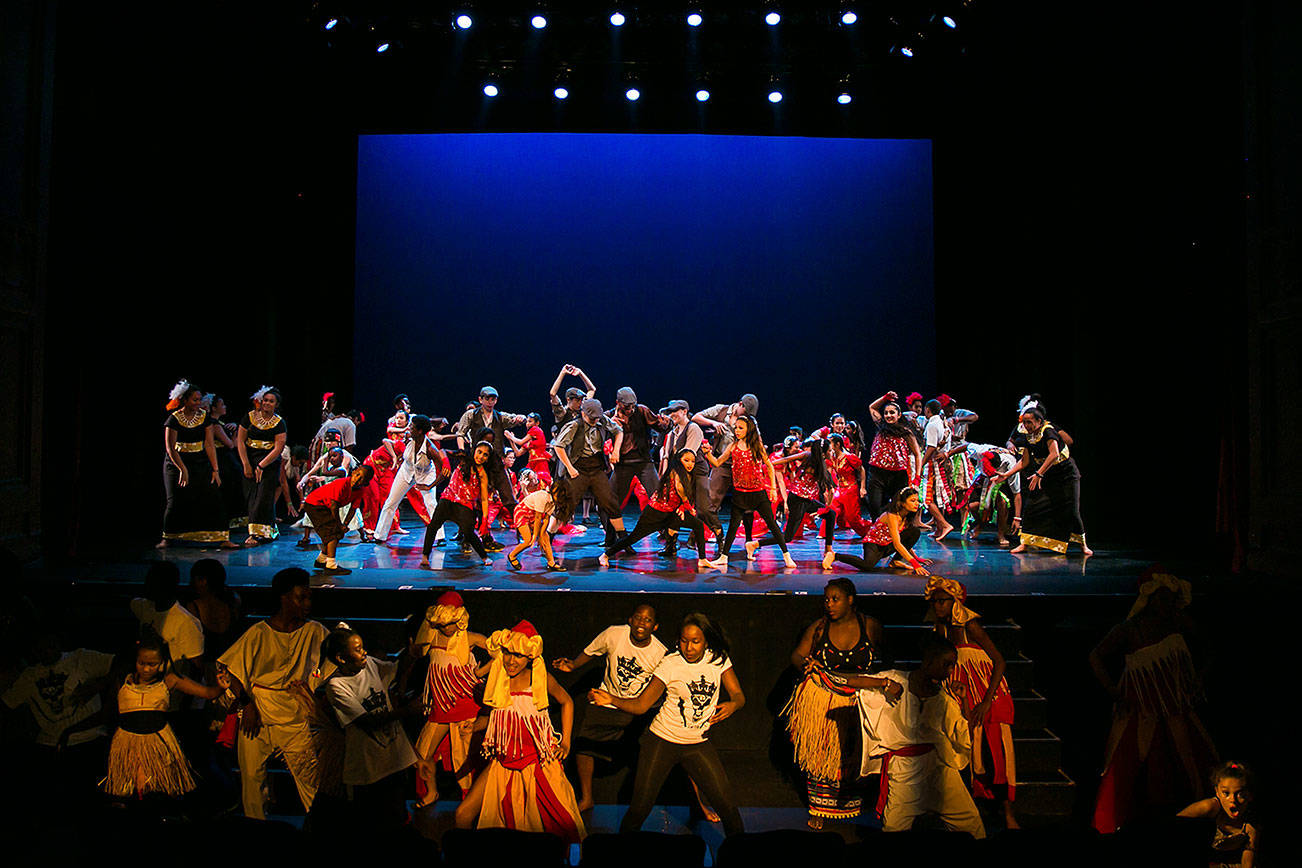It wasn’t much of a surprise last week when Pacific Northwest Ballet announced that it had hired Peter Boal as its new artistic director, replacing Kent Stowell and Francia Russell, who are retiring at the end of this season. The hiring committee has been unusually forthcoming with information during this process, releasing a short list of applicants last summer and naming Boal a “lead candidate” this autumn. In choosing Boal, who has been dancing with New York City Ballet since 1983—and is often referred to as the leading classical dancer of his generation—the committee is obviously looking to protect and reinforce its Balanchine repertory. But it’s the rest of Boal’s background and its potential effect on the growth of PNB that is less obvious and possibly more interesting.
Alongside his performing career, Boal has a significant reputation as a teacher and coach, primarily at the School of American Ballet, where he teaches some of the most advanced classes and helps fine-tune student performances. He has done some choreography but apparently doesn’t intend to continue, and though he has restaged some of Balanchine’s works, he is not a full-fledged repetiteur. His influence on the company will be seen mostly through the ballets he chooses and his efforts to bring them to the stage.
Boal’s work outside of NYCB has been intriguing, including appearances with postmodern choreographers Molissa Fenley and Wendy Perron, as well as the more typical guest shots. (His performances of Fenley’s “State of Darkness” earned him a Bessie, the equivalent of an Oscar for the New York City downtown dance community.) For his own small ensemble, he’s programmed work by Twyla Tharp, William Forsythe (who is represented in the current PNB repertory), and other choreographers creating in a similar vein. He has said that he’s interested in adding works by Jerome Robbins and Mark Morris as well, which would fill some obvious gaps in the repertory.
The biggest stumbling block he’ll face here will most likely be money. Since he will not be making or staging dances as Russell and Stowell do, those responsibilities will have to be fulfilled by others, adding items to the budget at a time when the company is still emerging from post–9/11 shortfalls. And complicating this may be the ongoing controversy over interest payments on the McCaw Hall renovations; the city wants the ballet and the opera to help cover those costs, which could run to several hundred thousand dollars in the next two years. Boal will be arriving at PNB with considerably less administrative experience than Stowell and Russell had at the beginning of their tenure in the 1970s, when the company was a fraction of its current size. The tasks ahead of him will be challenging enough to require dancing as skillful as any he’s performed onstage. Boal will bring considerable artistic skill to the company—let’s hope it’s in a position to make the best use of it.
